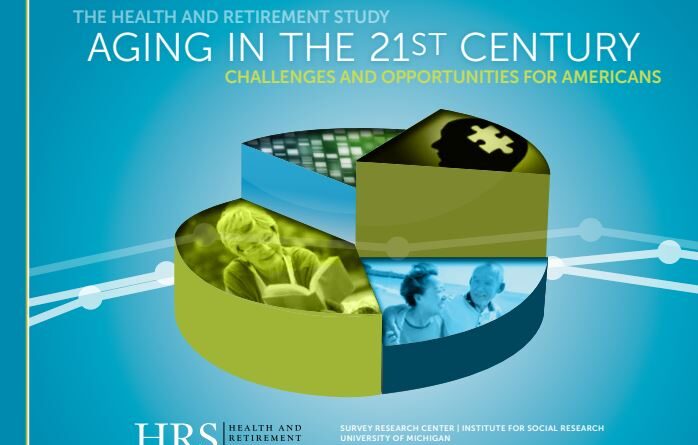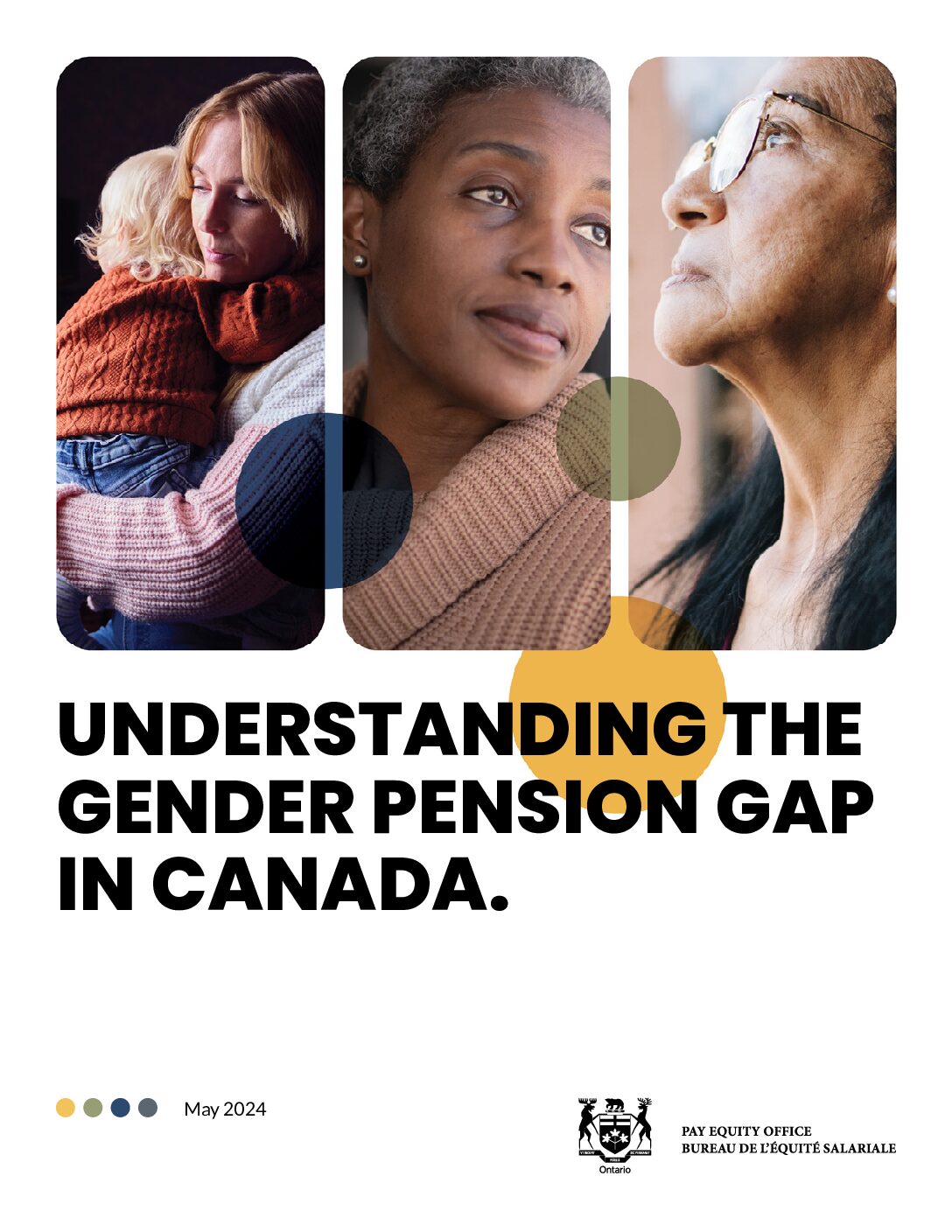The Health and Retirement Study. Aging in the 21st Century. Challenges and Opportunities for Americans
By Survey Research Center. Institute for Social Research University of Michigan
Published in 2006, the first HRS data book sought to introduce the world to the HRS by describing the study’s innovative design and content and providing some early findings within the main content areas of health, work and retirement, income and wealth, and family connections. In the decade since, the HRS has built on its foundation of innovation, pioneering
in new directions and increasing the data’s value and relevance. The world is noticing. There are now more than 24,000 registered users of the data—including scientists, policy analysts, media, and others—from more than 20 countries.
Every day, news outlets report on significant new findings from the HRS. With over 3,000 publications reporting on HRS data, this book aims to synthesize some of the research these remarkable data have yielded. In reviewing select HRS research over the
past 10 years, our goals for this publication are:
• To emphasize several integrative themes of HRS research output
• To demonstrate the critical need for longitudinal data to study changes that come with age and changes in policies as well as the national economic outlook that can affect people’s lives
• To illustrate why it is necessary to include assessments of economic conditions, health, and other aspects of life in one survey in order to gain a complete understanding of human aging
The HRS is supported by the National Institute on Aging (part of the National Institutes of Health) and the Social Security Administration in order to meet the nation’s need for reliable data on the health and well-being of people as they age.
Launched in 1992 at the University of Michigan’s Institute for Social Research, the HRS was the first nationally representative longitudinal study of older people that included detailed economic and health information in the same survey. Since then, the HRS has grown to become the largest and—with its expansion into biomarkers, genetics, and psychosocial content—the most comprehensive panel study of Americans over age 50. The HRS provides a growing body of multidisciplinary data on aging.
Read the study here











